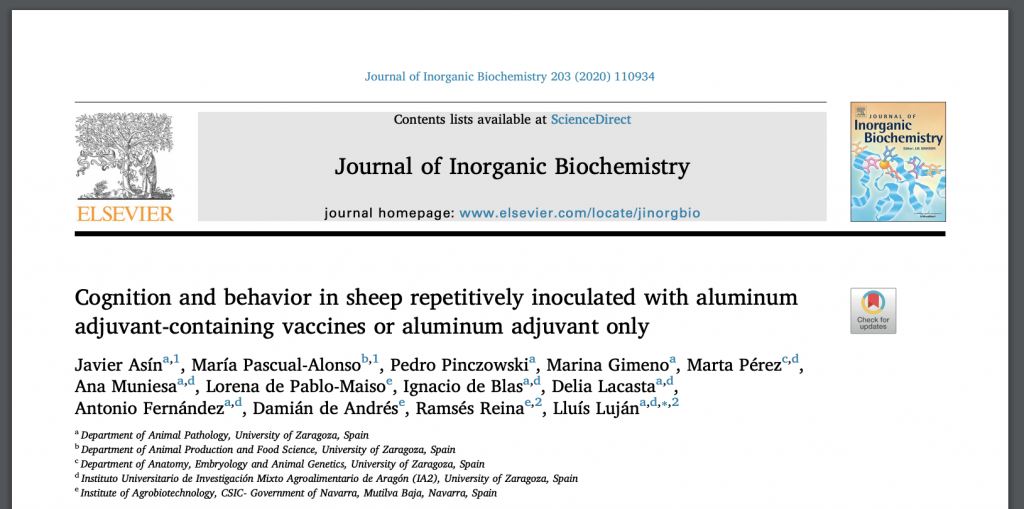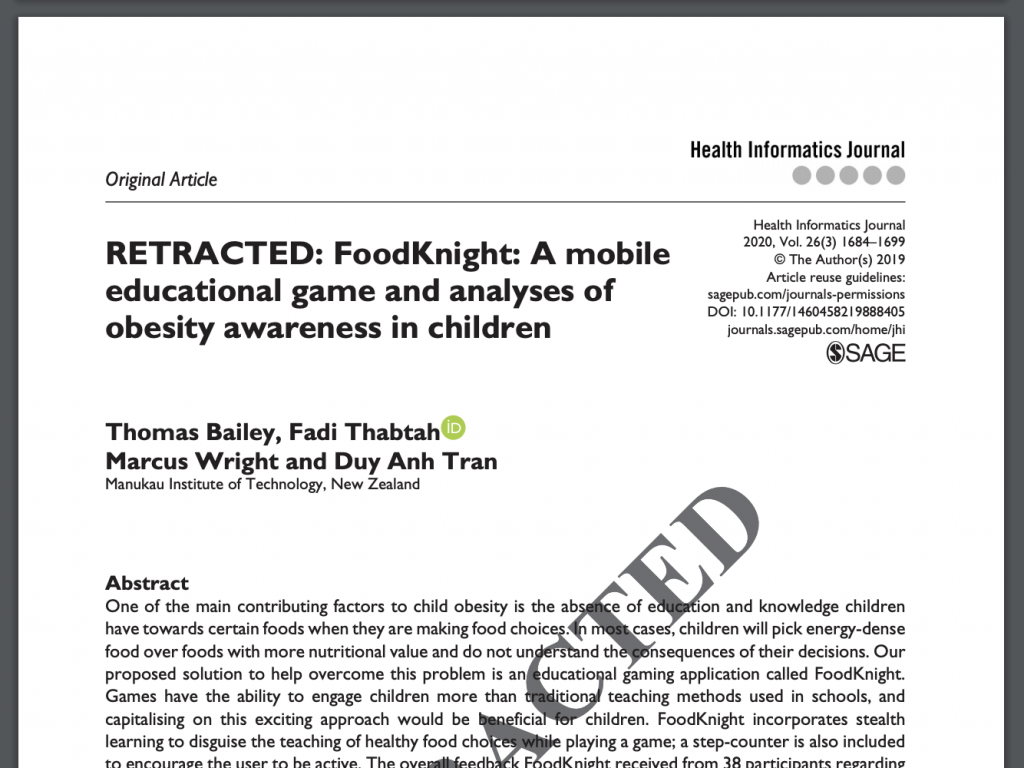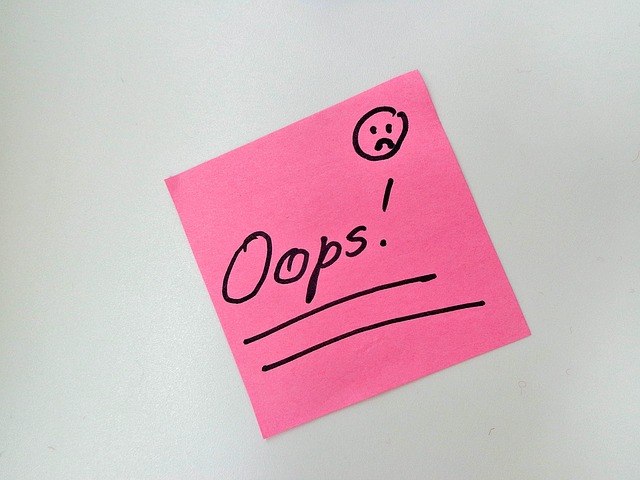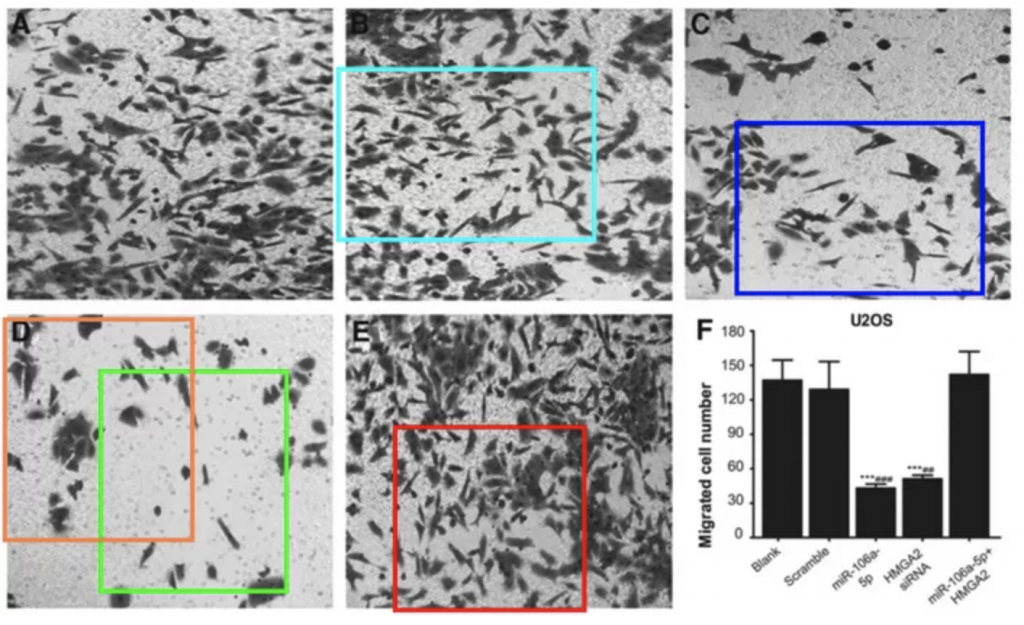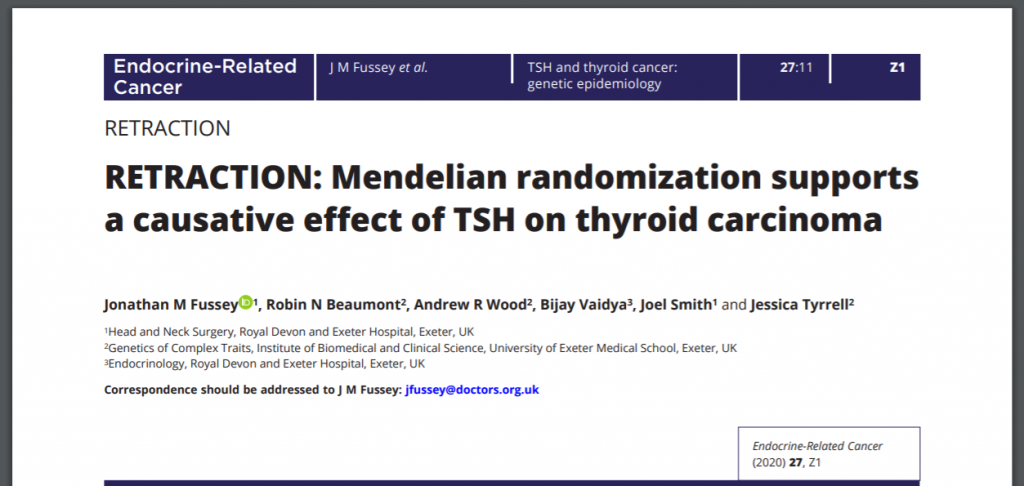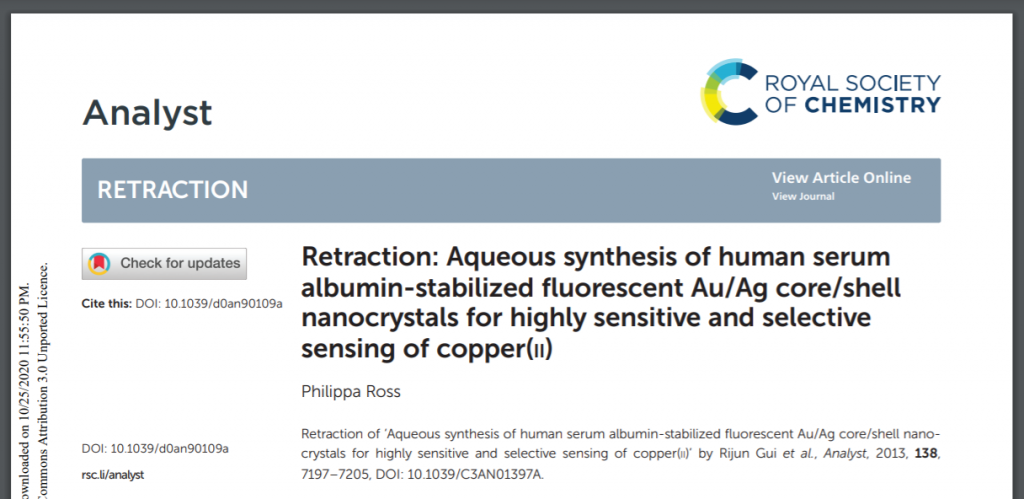
Science has retracted a 13-year-old paper, five years after data sleuth Elisabeth Bik first raised questions about issues with the images in the article.
The paper, “Secondary siRNAs result from unprimed RNA synthesis and form a distinct class,” appeared in 2007 and was written by a group of researchers in the Netherlands and Switzerland. The senior author of the study was Ronald Plasterk, founder of Frame Cancer Therapeutics in Amsterdam and once a minister in the Dutch government. The article has been cited at least 300 times, according to Clarivate Analytics Web of Science.
It also drew Bik’s attention. In 2015, she posted — as Peer 1 — on PubPeer about her concerns with one of the figures in the paper. Other commenters joined in, including to point out similarities between images in the Science paper and two other articles from members of the group.
Bik said the paper:
Continue reading Science retracts paper co-authored by high-profile scientist and former Dutch minister